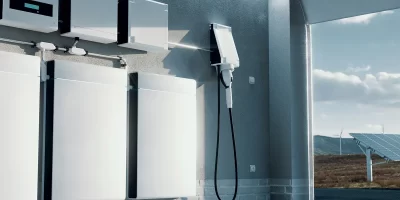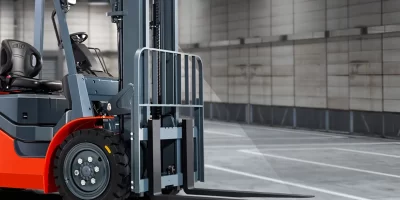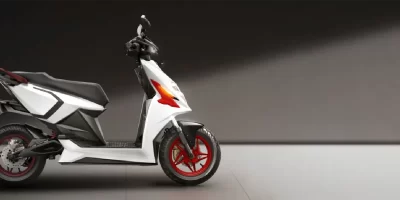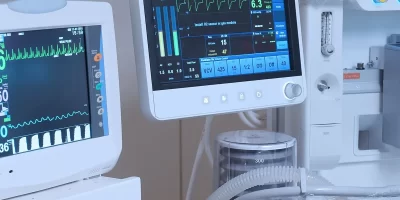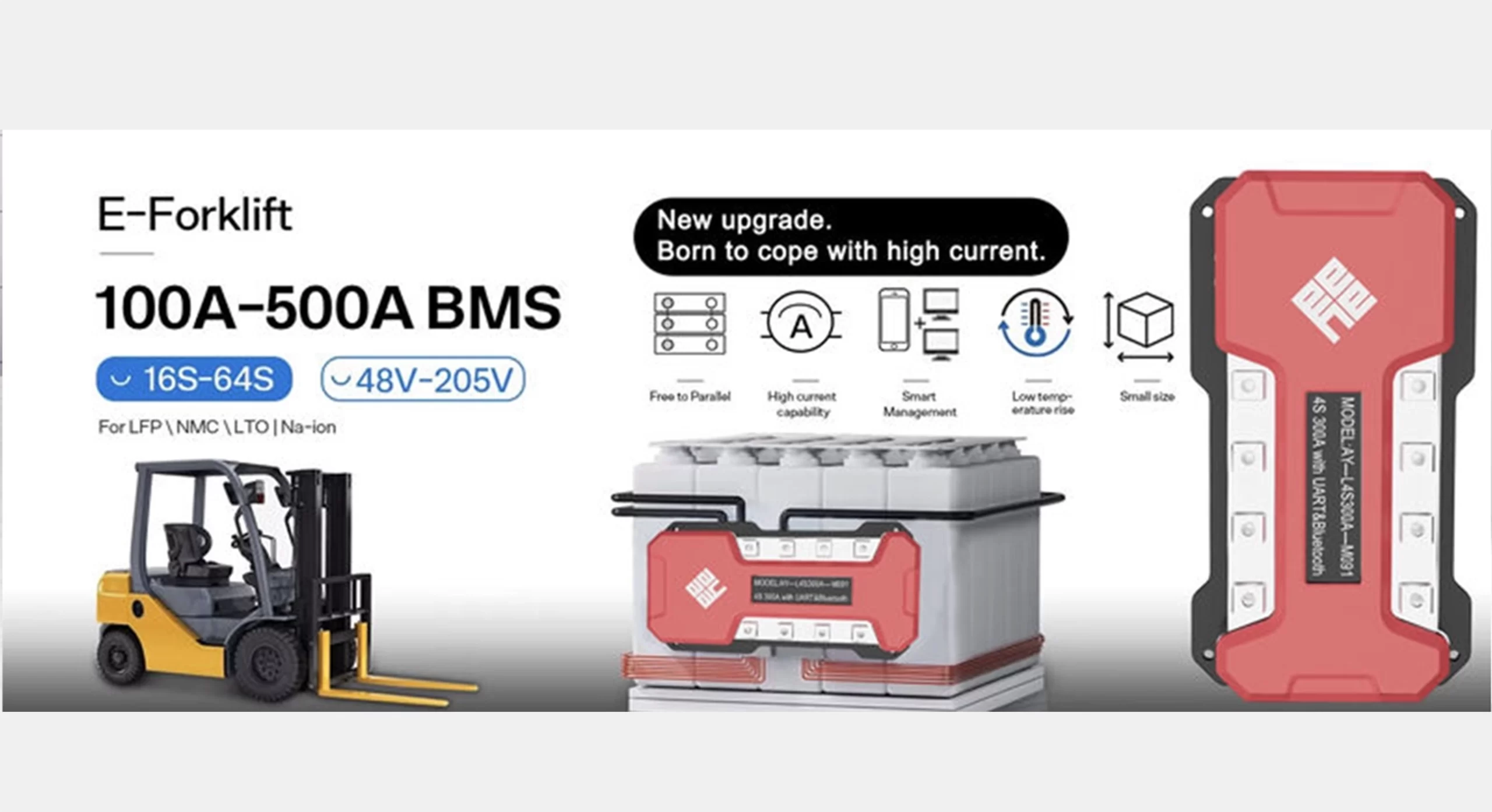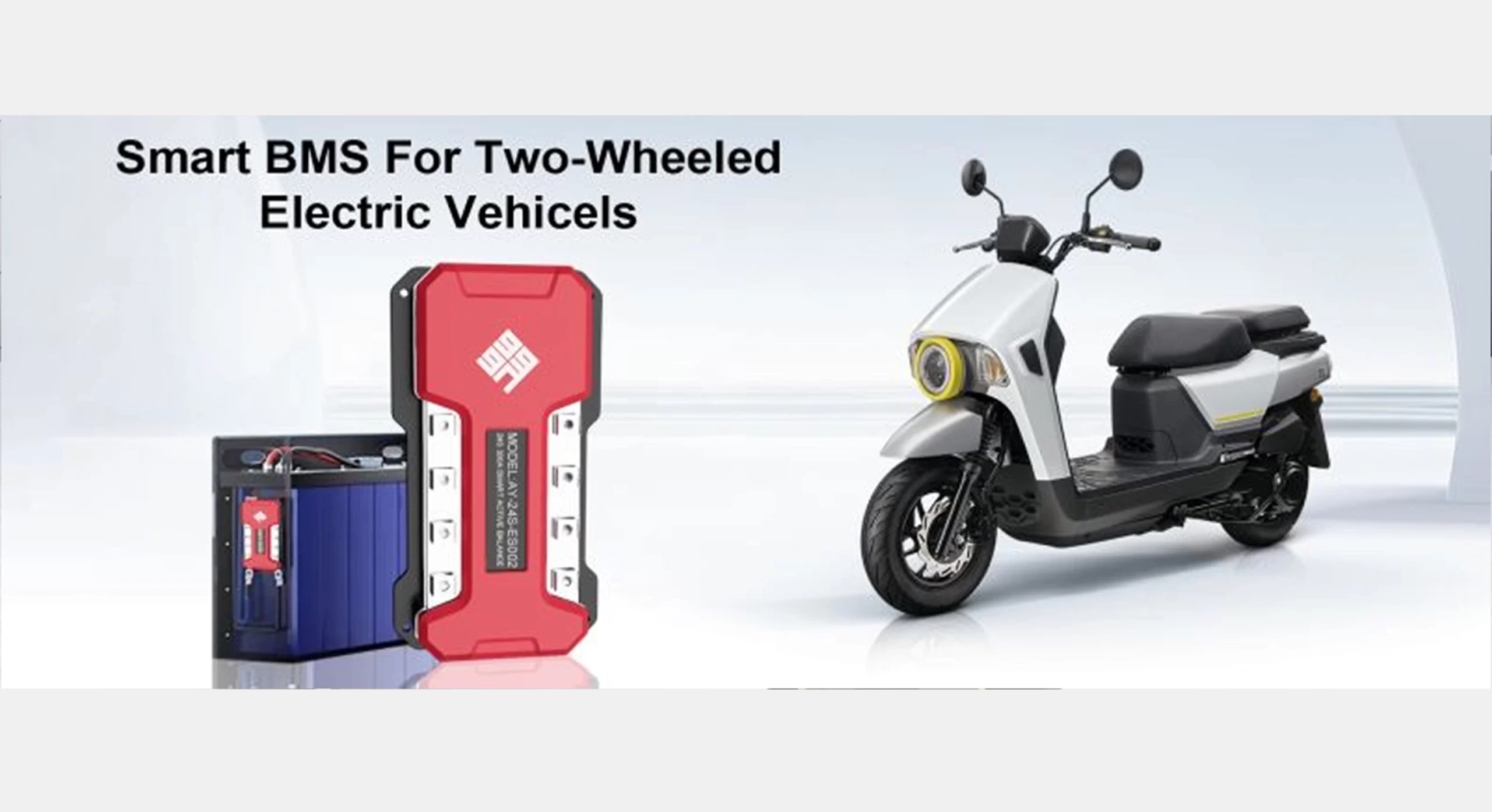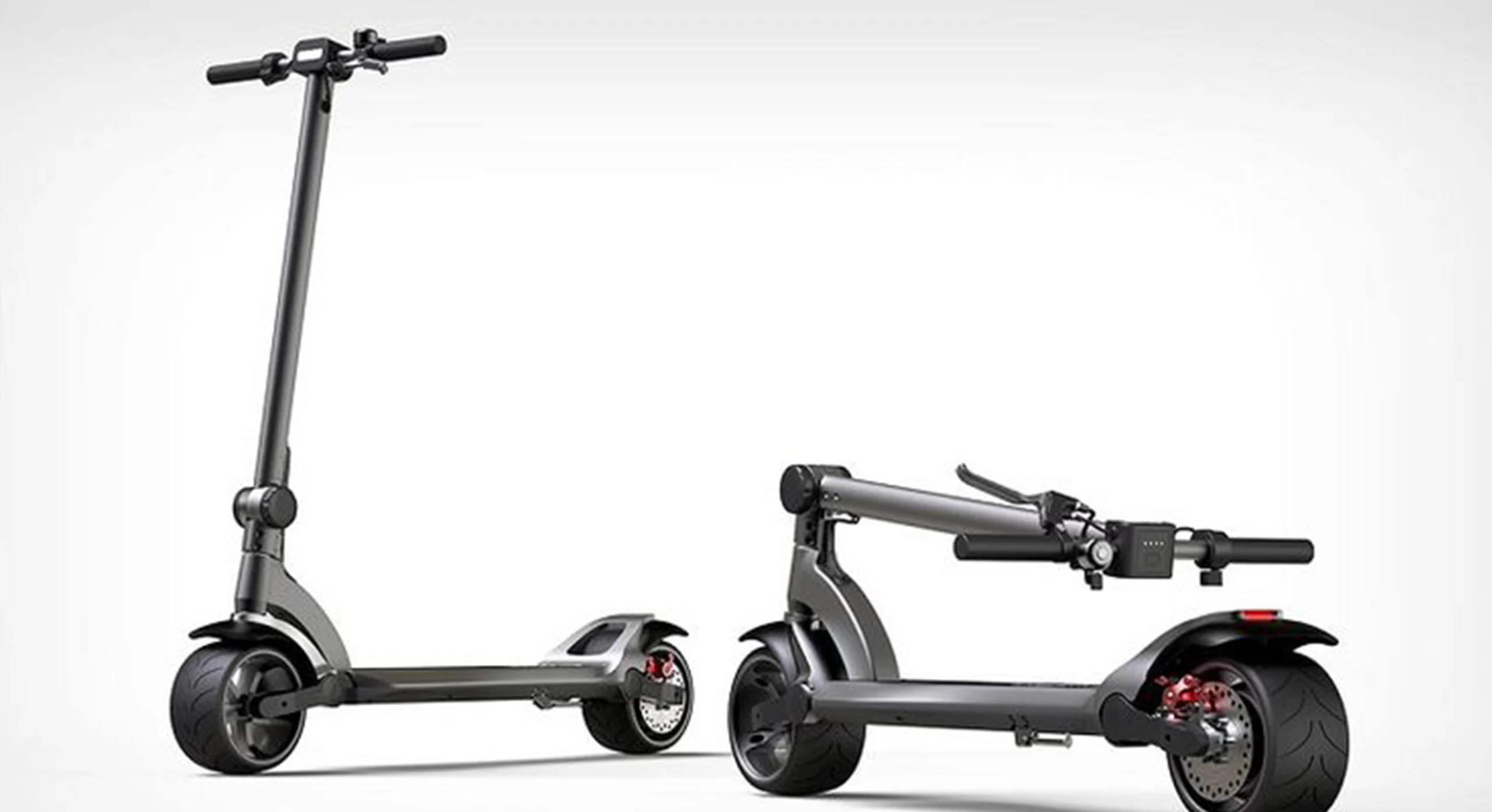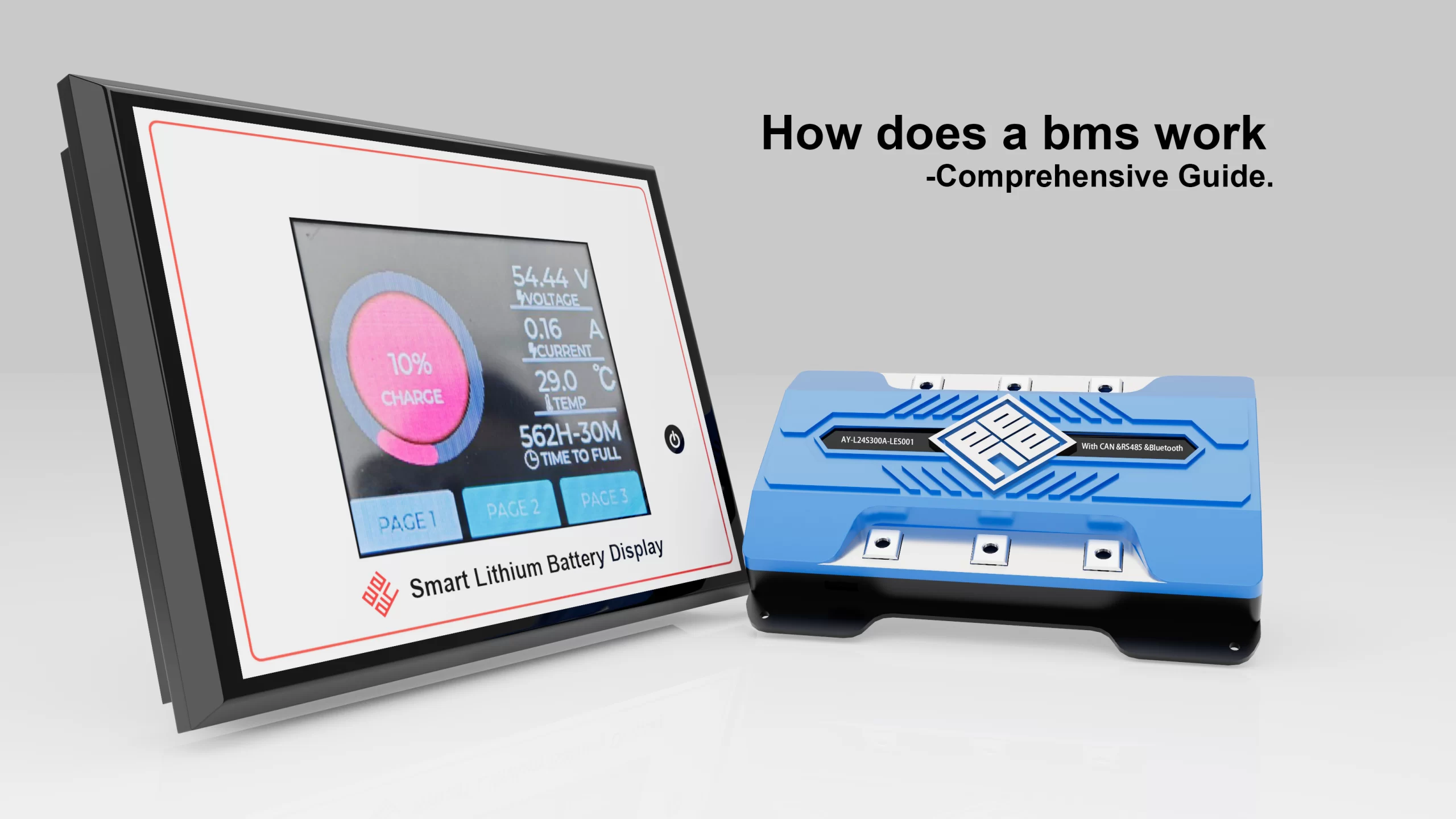Home About Us EVENTS & NEWS How Battery Home Backup Systems Work: A Complete Guide
How Battery Home Backup Systems Work: A Complete Guide
How Battery Home Backup Systems Work: A Complete Guide
Battery home backup systems are now a must for homeowners looking for continuous power in the era of effective energy management.
In addition to supplying electricity during blackouts, these systems work in tandem with renewable energy sources to ensure a consistent and uninterrupted supply of energy for human needs.
The main components of battery home backup systems, their operation, and the reasons they are superior than conventional generators will all be covered in this tutorial.
What Is a Battery Home Backup System?
An energy storage device called a home backup system is intended to supply electricity in the event that the primary power grid fails.
These systems store electricity in high-capacity batteries and send it to household appliances when needed, in contrast to conventional fuel generators.
Battery backup systems are wiser than gasoline engines since they are frequently coupled with solar systems.
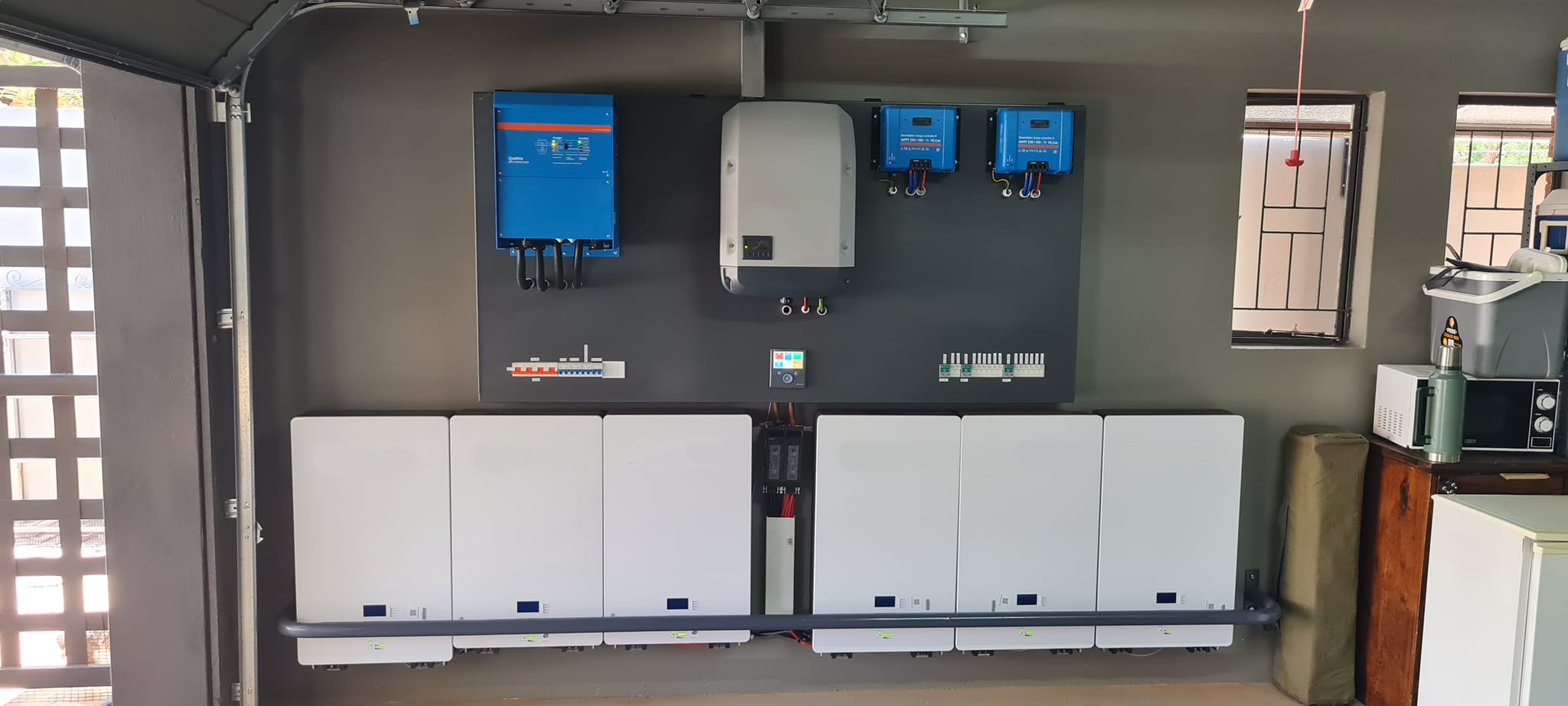
Key Components of a Battery Home Backup System
Battery Pack: Prolongs the longevity and efficiency of devices by storing electricity for later use, typically lithium-ion or lithium iron phosphate (LiFePO4).
Inverter: Transforms DC power that has been saved into AC power so that household appliances can use it.
Charge Controller: Prolongs battery life by controlling power flow to avoid deep drain or overcharging.
Energy Management System (EMS): keeps an eye on and maximizes energy use, frequently using clever remote control tools.
Automatic Transfer Switch (ATS): Immediately transitions to battery power after detecting power outages.
Cooling and Safety Mechanisms: A lot of contemporary battery home backup systems come with fail-safe features, fire-resistant casings, and integrated cooling systems to guarantee safe operation.
How Does a Battery Home Backup System Work?
Energy Storage: When power is available, the home backup system stores electricity from solar panels or the grid.
Power Detection: A built-in monitoring system continuously looks for power outages in the grid.
Automatic Activation: The inverter transforms stored energy into usable AC power during an outage.
Seamless Energy Distribution: Depending on capacity, the system can power the entire house or only a few chosen circuits.
Recharging: The battery automatically recharges after the grid is restored, guaranteeing readiness for the subsequent outage.
Integration with Solar Power
Solar energy is integrated with home backup systems. Batteries store the electricity produced by solar panels for later use. This combination encourages energy independence and lessens dependency on the grid.
In addition to cutting their carbon footprint, homeowners can drastically lower their electricity bills.
In order to maximize efficiency and minimize energy waste, many battery home backup systems are made to maximize solar energy utilization.
Applications of Battery Home Backup Systems
1.Emergency Power Supply: A battery home backup system can instantly supply electricity to vital appliances like refrigerators, medical devices, and lighting in the event of a power outage brought on by storms, earthquakes, or technical malfunctions.
2.Energy Cost Reduction: By storing electricity during inexpensive off-peak hours and using it during peak hours, battery home backup systems help many homeowners drastically lower their electricity costs.
3.Off-Grid Living: Battery home backup systems act as the main energy source in isolated locations with limited grid connectivity, guaranteeing a steady supply of electricity.
4.Commercial and Small Business Use: Small businesses can prevent financial losses from downtime by using battery home backup systems to keep operations running efficiently during power outages.
5.Smart Home Integration: Modern battery home backup systems are made to integrate easily with smart home technologies, enabling customers to use smart assistants or mobile apps to keep an eye on battery levels and energy consumption.
6.Backup Power for Critical Infrastructure: Battery home backup systems are a failsafe against blackouts that can be used by hospitals, data centers, and emergency services.
7.Disaster Preparedness: A battery-operated home backup system keeps families safe and connected in hurricane, wildfire, and snowstorm-prone locations.
8.Electric Vehicle Charging Support: EV owners can incorporate battery backup systems into their homes to continue charging their vehicles even in the event of a power outage.
9.Advantages of a Battery Home Backup System
Eco-Friendly: Because no fuel is used, the carbon footprint is decreased.
Quiet Operation: Since no fuel is used, carbon emissions are decreased. Batteries don’t make noise as generators do. ootprint.
Lower Maintenance: Reduced maintenance expenses and fewer malfunctions are the results of having fewer moving parts.
Smart BMS monitoring: A lot of systems have a smart BMS that can be controlled remotely and monitored in real time using a mobile app.
Instant Backup: Instantaneous power supply without any delay in initiation.
Energy Cost Savings: To save energy costs, homeowners can store electricity during off-peak hours and use it during peak hours.
Scalability: As energy demands rise, more battery modules can be added to boost capacity.
Increased Home Value: The installation of a battery backup system can raise the home’s value and appeal to potential purchasers.
Safety: Carbon monoxide poisoning, a typical problem with gasoline generators, is not a risk.
Grid Stability Contribution: Communities’ electrical supply can be stabilized by reducing reliance on the main grid.
Choosing the Right Battery Home Backup System
When selecting a battery home backup system, consider:
Capacity: Kilowatt-hours (kWh) are used to measure the duration of power.
Battery Type: Due to its longevity and efficiency, lithium-ion is recommended.
Scalability: For longer backup, certain systems support extra batteries.
Brand and Warranty: Choose trustworthy manufacturers who offer ongoing assistance.
Safety Features: Seek out integrated safety features like heat control, overcharge prevention, and automatic shutdown in the event of a malfunction.
Ease of Installation: While some battery home backup systems can be easily installed by plugging them in, others need to be professionally set up.
Smart Connectivity: More convenience and efficiency are provided by systems with AI-driven optimization and mobile app control.
Ayaa Technology: Your Reliable Battery Home Backup Partner
Advanced battery management systems (BMS) designed for household energy storage are offered by Ayaa Technology for state-of-the-art battery home backup solutions.
Ayaa Technology has 20 years of experience in the field and provides households all over the world with dependable, high-performing energy solutions.
For inquiries, please contact us at ayaa@ayaatech.com.
Contact Us
A Smarter Energy Future: The Role of Battery Home Backup Systems
Our energy management and consumption patterns are evolving. Battery home backup systems have emerged as a crucial technology for the future of domestic energy due to soaring energy bills, more frequent power outages, and an increased emphasis on sustainability.
These systems mark a fundamental move toward more intelligent, effective, and self-sustaining energy management; they do more than merely supply backup power during a power loss.
1.The Future of Energy Independence
Homeowners can take charge of their electricity use with a battery backup system.
Homes have historically been totally dependent on the grid, which leaves them open to electricity outages, price spikes, and blackouts.
However, homeowners can lessen their reliance on outside power sources by managing and storing electricity locally.
A battery home backup system, when paired with solar panels, produces an energy ecosystem that is almost self-sustaining.
Daytime solar energy can be stored and used at night, which lessens dependency on the grid and lowers electricity costs.
In areas with erratic electrical infrastructure or expensive energy prices, this energy independence is especially advantageous.
2.Smart Energy Management & Cost Savings
Intelligent energy management features found in contemporary battery home backup systems enable users to track and optimize power consumption in real time.
AI-driven energy optimization is a feature of many systems that learns the patterns of a household’s energy use and modifies power distribution for optimal efficiency.
For instance, a home backup system can use stored power rather than costly grid electricity during peak hours when electricity rates are high. Load shifting is a tactic that helps homeowners drastically lower their utility bills.
Additionally, some systems enable users to sell excess stored energy back to the grid, making backup power systems a long-term profitable investment.
3.Sustainable and Eco-Friendly Energy Solutions
More homeowners are searching for methods to lessen their environmental impact as worries about climate change and carbon emissions grow on a global scale.
Battery home backup systems provide a silent and clean alternative to conventional gas or diesel-powered generators, which emit harmful emissions and contribute to air pollution.
These systems lessen dependency on fossil fuels and contribute to the development of a greener energy ecosystem by storing renewable energy sources like solar or wind power. The total carbon footprint of residential energy consumption can be considerably reduced as more homes implement these systems.
4.Preparing for an Uncertain Energy Future
Extreme weather events, grid failures, and rising electricity demand are all contributing to an increase in the frequency and severity of power outages.
By offering dependable backup power, a battery home backup system makes sure that homeowners are ready for unforeseen interruptions.
Purchasing a battery-operated home backup system is an investment in the future, in addition to emergency preparedness.
These systems will become even more effective, economical, and easily integrated into the infrastructure of smart homes as energy storage technology develops.
A Smarter Choice for a Brighter Tomorrow
Making the switch to intelligent, sustainable energy solutions is now essential, not optional.
Home backup systems are a crucial part of the modern home because they offer a potent blend of sustainability, efficiency, and security.
Homeowners can save money, help the environment, and secure their energy needs for the future by installing a battery backup system now.
The future of home energy is more intelligent, environmentally friendly, and dependable than ever thanks to developments in energy storage and intelligent power management.
SHARE
News Recommend
-
How does AYAATECH BMS work in E-scooters
01/16/2025 -
2024 battery show in Detroit,USA.
10/08/2024


